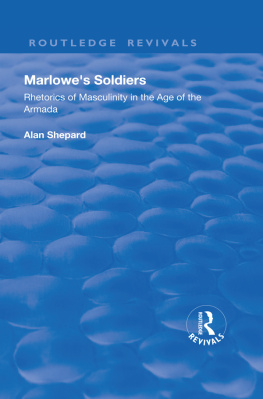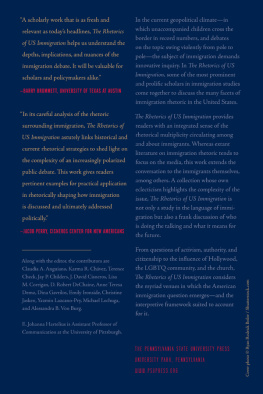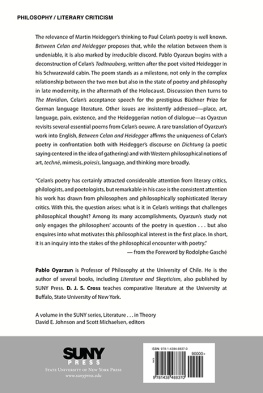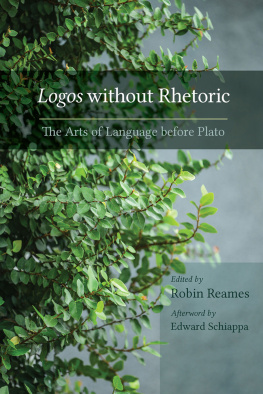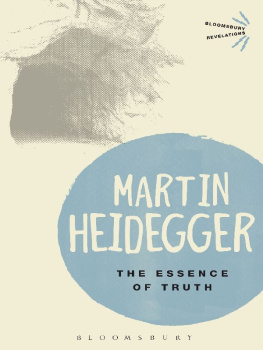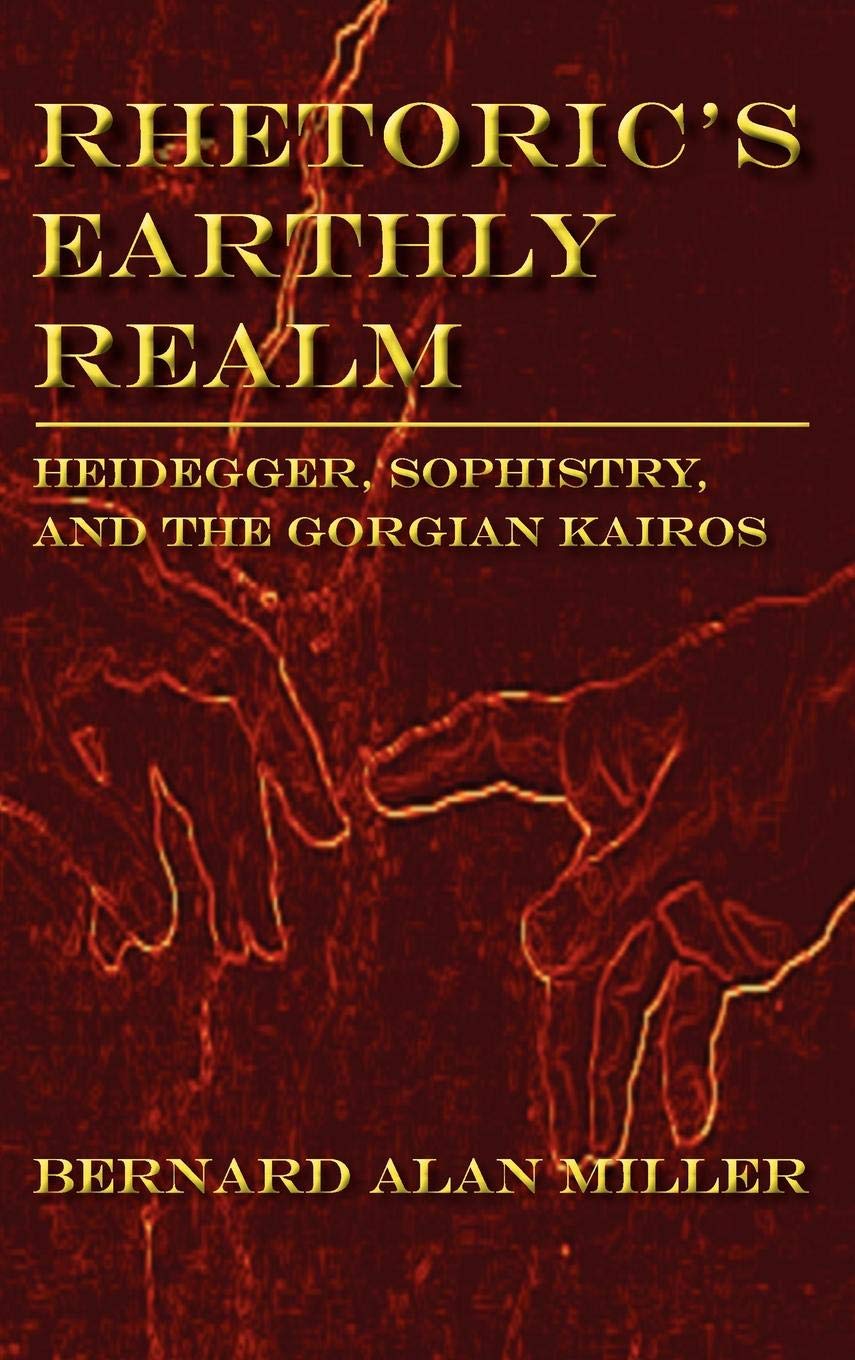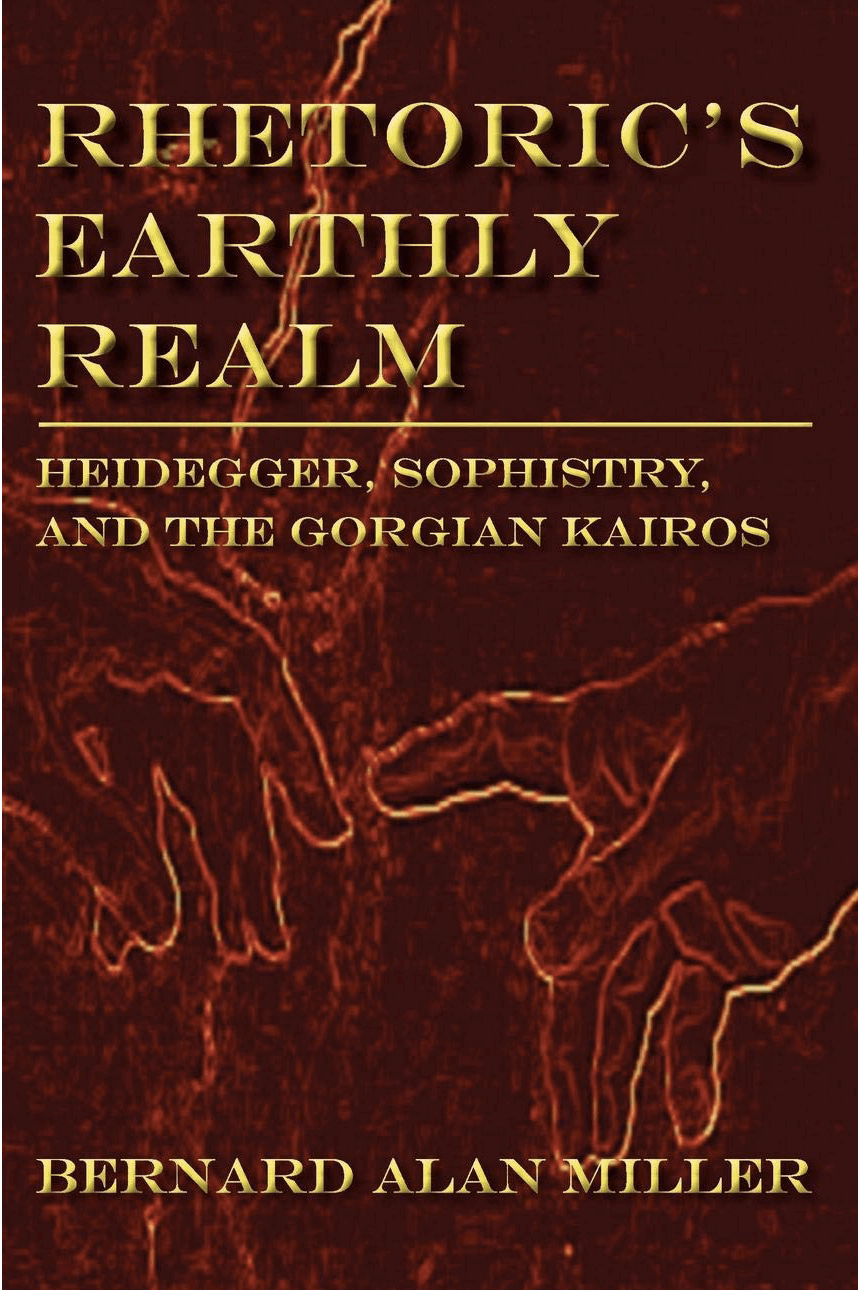Lauer Series in Rhetoric and Composition
Series Editors: Catherine Hobbs, Patricia Sullivan, Thomas Rickert, and Jennifer Bay
The Lauer Series in Rhetoric and Composition honors the contributions Janice Lauer Hutton has made to the emergence of Rhetoric and Composition as a disciplinary study. It publishes scholarship that carries on Professor Lauers varied work in the history of written rhetoric, disciplinarity in composition studies, contemporary pedagogical theory, and written literacy theory and research.
Other Books in the Series
Techne, from Neoclassicism to Postmodernism: Understanding Writing as a Useful, Teachable Art , by Kelly Pender (2011)
Greek Rhetoric Before Aristotle , , Revised and Expanded Edition, by Richard Leo Enos (2011)
Walking and Talking Feminist Rhetorics: Landmark Essays and Controversies , edited by Lindal Buchanan and Kathleen J. Ryan (2010)
Transforming English Studies: New Voices in an Emerging Genre , edited by Lori Ostergaard, Jeff Ludwig, and Jim Nugent (2009)
Ancient Non-Greek Rhetorics , edited by Carol S. Lipson and Roberta A. Binkley (2009)
Roman Rhetoric: Revolution and the Greek Influence , Revised and Expanded Edition, by Richard Leo Enos (2008)
Stories of Mentoring: Theory and Praxis , edited by Michelle F. Eble and Lyne Lewis Gaillet (2008)
Writers Without Borders: Writing and Teaching in Troubled Times by Lynn Z. Bloom (2008)
1977: A Cultural Moment in Composition , by Brent Henze, Jack Selzer, and Wendy Sharer (2008)
The Promise and Perils of Writing Program Administration, edited by Theresa Enos and Shane Borrowman (2008)
Untenured Faculty as Writing Program Administrators: Institutional Practices and Politics , edited by Debra Frank Dew and Alice Horning (2007)
Networked Process: Dissolving Boundaries of Process and Post-Process , by Helen Foster (2007)
Composing a Community: A History of Writing Across the Curriculum , edited by Susan H. McLeod and Margot Iris Soven (2006)
Historical Studies of Writing Program Administration: Individuals, Communities, and the Formation of a Discipline, edited by Barbara LEplattenier and Lisa Mastrangelo (2004). Winner of the WPA Best Book Award for 20042005.
Rhetorics, Poetics, and Cultures: Refiguring College English Studies (Expanded Edition) by James A. Berlin (2003
Rhetorics Earthly Realm
Heidegger, Sophistry, and the Gorgian Kairos
Bernard Alan Miller
Parlor Press
Anderson, South Carolina
www.parlorpress.com
Parlor Press LLC, Anderson, South Carolina, USA
2011 by Parlor Press
All rights reserved.
Printed in the United States of America
S A N: 2 5 4 - 8 8 7 9
Library of Congress Cataloging-in-Publication Data
Miller, Bernard, 1946-
Rhetorics earthly realm : Heidegger, sophistry, and the Gorgian kairos / Bernard Miller.
p. cm.
Includes bibliographical references (p. ) and index.
ISBN 978-1-60235-147-9 (pbk. : alk. paper) -- ISBN 978-1-60235-148-6 (hardcover : alk. paper) -- ISBN 978-1-60235-149-3 (adobe ebook : alk. paper) -- ISBN 978-1-60235-211-7 (epub : alk. paper)
1. Heidegger, Martin, 1889-1976. 2. Sophists (Greek philosophy) 3. Time--Philosophy. I. Title.
B3279.H49M494 2011
111.1--dc22
2011010080
The initial cover design was the work of Jean Kearns Miller.
Printed on acid-free paper.
Parlor Press, LLC is an independent publisher of scholarly and trade titles in print and multimedia formats. This book is available in paper, cloth and Adobe eBook formats from Parlor Press on the World Wide Web at http://www.parlorpress.com or through online and brick-and-mortar bookstores. For submission information or to find out about Parlor Press publications, write to Parlor Press, 3015 Brackenberry Drive, Anderson, South Carolina, 29621, or email editor@parlorpress.com.
Contents
Acknowledgments
This book is the result of the efforts of a number of people. Whatever is worthwhile in it I owe to them; all that is otherwise is my responsibility alone. Therefore, I express my appreciation for the suggestions and insights I have gathered on this topic of kairos and Sophistic rhetoric in discussions with Susan Evenson, Virgil Lokke, Bud Weiser, Rob Carr, Linda Mercer Learman, Maryam Barrie, Gwen Fleming, Larry Juchartz, and Jack Barden. And to Calvin Schrag, who without fail brought to all our discussion a fabulous mix of enthusiasm, kindly temperament, and boundless intelligence. In this regard I also express my gratitude to the Hunkpapa Lakota of the Standing Rock Indian Reservation of North Dakota. I came to them a tempest-tossed refugee from the US Army and the regimented enlightenment of academia, and years later I left re-imagining all I think and know through what I learned from them of the American Indians experience and literature.
I also express my thanks to David Blakesley, the editor of Parlor Press. Given all my rewrites, revisions, and delays, I came to realize if patience is a virtue, as surely it is, he is a very virtuous person indeed. He is also a very capable and helpful editor. This manuscript has also benefited considerably from the critical reading given by Thomas Rickert, Purdue University and Editor of the Lauer Series of Parlor Press. His encouragement convinced me the manuscript was worth completing, and his suggestions have made it a better document from top to bottom. This book has also benefited from the copy editing of Ethan Sproat, whose knowledge of the MLA style sheet and diligence in applying it to this script went far beyond what I would ever be able to muster. Finally, I wish to thank my wife, Jean, and my kids, Adrian and Cassandra, all of whom have taught me there are far more important things in the world than writing a book, even one about the Greeks of antiquity. Lest I forget, Jean, Adrian, and Cassie are here and now, and those Greeks are long gone, with neither wife nor children of mine among them.
Inasmuch as the support of an academic institution is essential to complete a project of this sort, I expressed my appreciation to Purdue University, in particular its splendid program in rhetoric and composition. And here I close with my acknowledgement of the debt I owe my teacher, mentor, friend, and Godmother to my son, Janice Lauer. This manuscript grew out of a presentation I gave many years ago at a RSA conference in Arlington, Texas, and from that presentation to my PhD dissertation, and now, at long last, to this book. The distances between each, in time and content, seem best measured in light years, and for all these years Janice has been with me and this book every step of the way. I express my deepest appreciation to her.
God is day and night, winter and summer, war and peace, surfeit and hunger, changing as fire consuming incense, each being called according to its scent.
Heraclitus
Tree and grass, eagle and bull, snake and cricket first enter into their distinctive shapes and thus come to appear as what they are. The Greeks early called this emerging and rising in itself and in all things physis... We call this ground earth.
Martin Heidegger, Poetry, Language, and Thought
Where language touches the earth, there is the holy, there is the sacred. In our deeper intelligence we know this: that names and being are indivisible.
N. Scott Momaday, Man Made of Words
Introduction: Earthly Realms and the Pre-Socratic Mystery
The philosophy of the Greeks conquered the Western world not on the strength of what it was in the original beginning but through what it had become towards the end of the beginning, in its incipient end.


